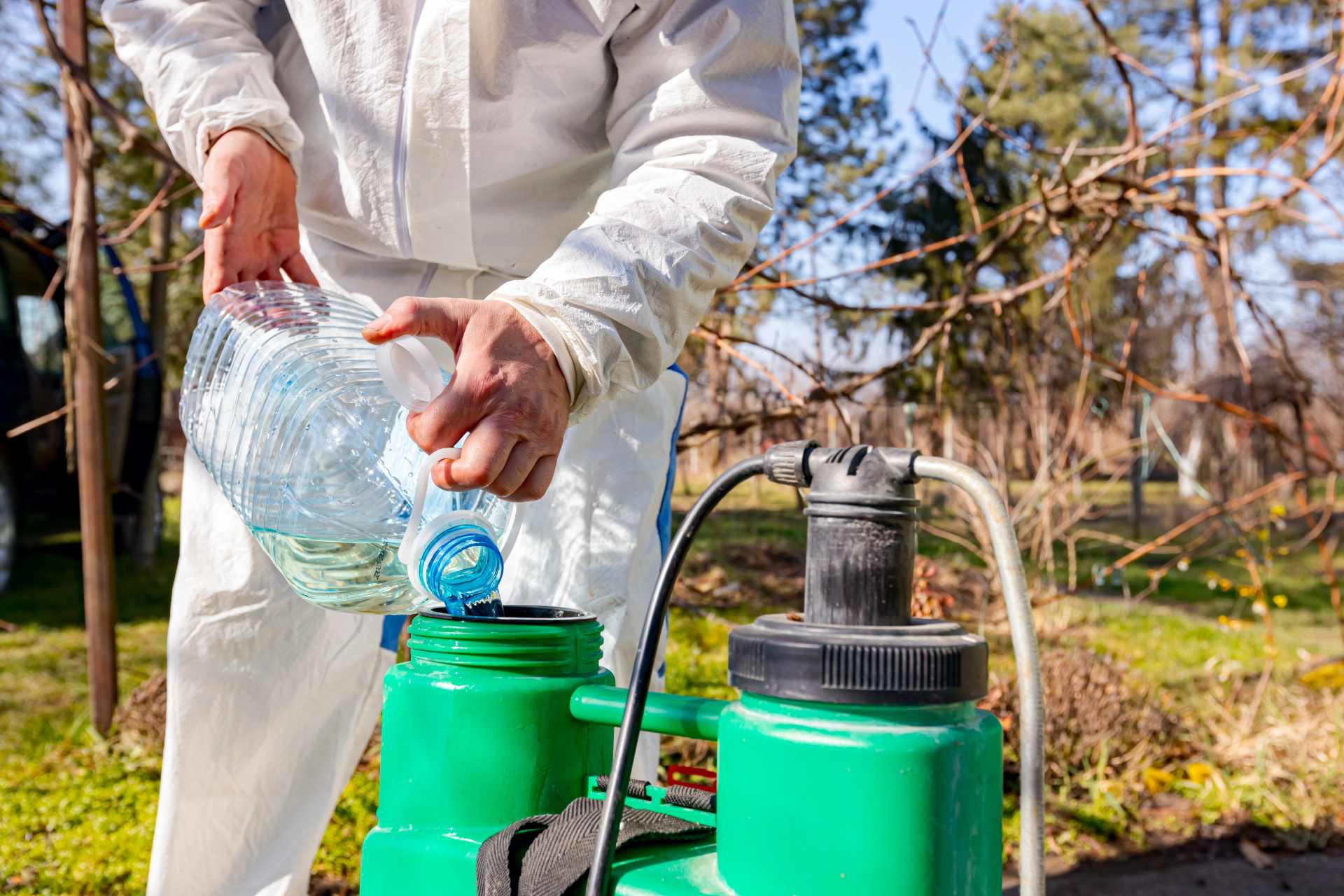As glyphosate faces mounting legal battles, scientific scrutiny, and consumer backlash, the race is on to find alternatives.
But what counts as a true alternative—and what’s just a reshuffling of the same chemical deck?
Recent research out of Canada showcases new tank mixes of synthetic herbicides being tested to mimic glyphosate’s broad-spectrum weed control. Researchers are trialling combinations of four existing active ingredients to approximate glyphosate’s effectiveness.
But while the chemistry may differ, the mindset doesn’t: keep spraying.
The Chemical Shuffle
Rather than stepping back from chemical dependency, these new mixes are an attempt to buy time—tweaking formulas, switching modes of action, and delaying resistance. It’s less about change and more about substitution.
This approach mirrors global patterns in weed management. As resistance to glyphosate grows, particularly in North America and Australia, industry responses have followed a predictable path: mix more chemicals, spray more frequently, and increase dose rates.
But is this really innovation—or just escalation?
A False Sense of Progress
To the untrained eye, a new mix of herbicides might look like a breakthrough. But for many growers and scientists, it’s beginning to feel like a dead end. Each new combination brings:
- Higher input costs
- New safety profiles (and unknown long-term effects)
- Regulatory uncertainty
- And ultimately, the same dependency loop
At its core, this approach keeps farmers locked into the same industrial cycle—just with new labels and formulations.
Where Does New Zealand Fit?
In New Zealand, glyphosate is still the dominant herbicide in use, especially in arable and horticultural systems. But with rising public concern and potential regulatory shifts on the horizon, the question isn’t just what will replace glyphosate—but how we think about replacement at all.
Will we follow the international trend of layering new chemicals on top of old problems? Or will we use this moment to rethink weed control altogether?
The Real Alternatives Are Already Here
While industry experiments with chemical cocktails, New Zealand growers are already proving that non-chemical systems can work:
- Tine weeding and mechanical cultivation are suppressing weeds in organic grains.
- Cover crops like buckwheat are outcompeting weeds before they even emerge.
- Flame weeding, mulching, and biological ground covers are gaining traction in market gardens and orchards.
- Contact sprays made from natural acids and oils (like Slasher, Weed Blast, and Contact Organics) offer viable glyphosate-free tools for councils, schools, and homeowners.
These aren’t future hypotheticals—they’re current practices, already working across Aotearoa.
A Question of Direction
There’s a big difference between replacing a chemical and replacing a mindset.
Chemical innovation isn’t inherently bad. But if it’s only used to prolong a system that’s already failing—one reliant on ever more potent mixtures, managed risk, and mounting ecological trade-offs—then it’s time to ask: who really benefits?
New Zealand has the chance to lead—not by adopting the next big mix, but by supporting the tools and systems that eliminate the need for them altogether.
Resources & References
These sources span the full spectrum of weed control strategies:
- Chemical-creep: New herbicide cocktails continue the cycle rather than break it.
- Chemical + non‑chemical innovation: Emerging from labs and farmlands alike.
- Tech-driven alternatives: Robotics and precision tools point the way forward.
They challenge us to ask: Are we redefining weed control—or just reinventing the same dependency?
Researchers look for alternatives to glyphosate
Producer.com (Canada, 2024)
A video and article highlighting University of Alberta master’s student research into tank mixes of four synthetic herbicides aimed at replicating glyphosate’s broad-spectrum effectiveness—illustrating how chemical substitution remains the default approach.
https://www.producer.com/news/video-researchers-look-for-alternatives-to-glyphosate/
No ordinary herbicide — glyphosate keeps making headlines
Alberta Farmer Express (2024)
Examines the global strategy of rotating or mixing herbicide chemistries to delay resistance, reinforcing that “alternative” often means another chemical, not a departure from it.
https://www.albertafarmexpress.ca/crops/no-ordinary-herbicide-glyphosate-keeps-making-headlines/
In the Weeds” Glyphosate News Roundup
No-Till Farmer (June 2025)
A current industry update noting surging glyphosate-resistant weeds and that most research focuses on herbicide blends rather than systemic transformation.
https://www.no-tillfarmer.com/articles/14367-in-the-weeds-glyphosate-news-roundup-june-17-2025
Precise Robotic Weed Spot-Spraying
arXiv (2024)
A peer-reviewed study showing how AI-powered robotic spot sprayers can reduce herbicide use by up to 65% in field trials—pointing toward scalable, chemical-reducing tech solutions.
https://arxiv.org/abs/2401.13931
As industry doubles down on chemical combos, real alternatives already exist:
- Proven non‑chemical methods in New Zealand (tine weeding, cover crops, flame, mulch, contact sprays).
- High-tech pathways like robotic precision and tailored cultural systems.
The question isn’t what to spray next—it’s why we’re still spraying at all. Do we want to keep reshuffling the deck, or change the game entirely?
Image Source & Attribution
We’re grateful to the talented photographers and designers whose work enhances our content. The feature image on this page is by roman023.




